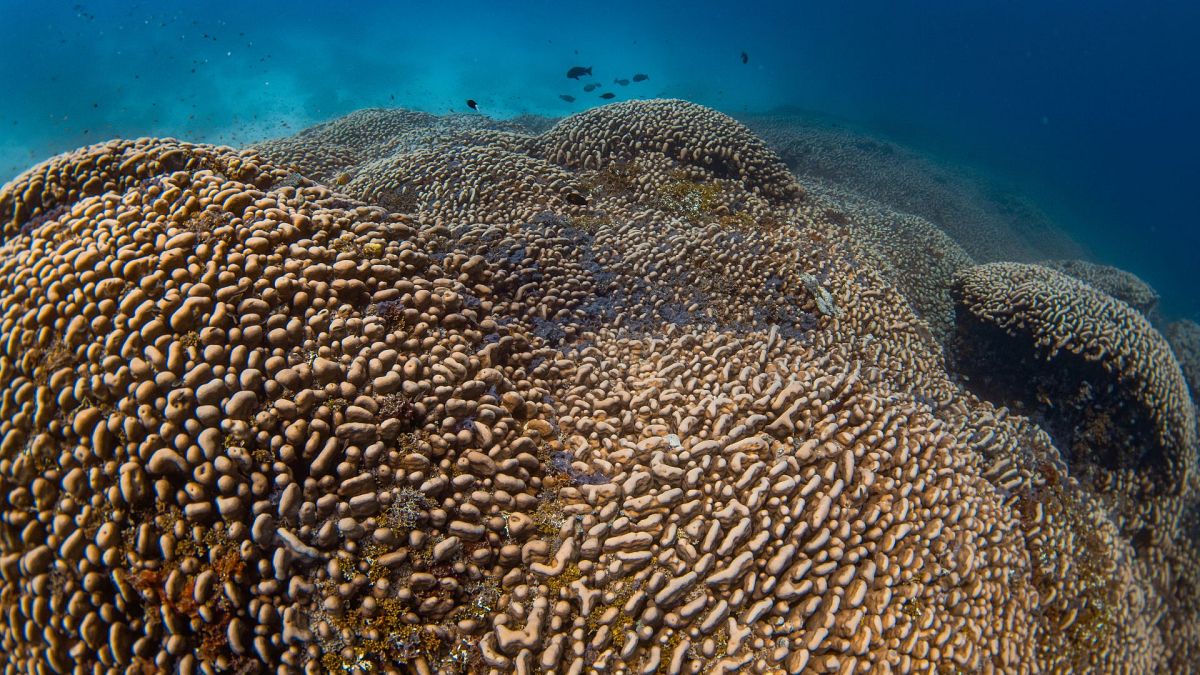- The Green Light
- Posts
- 🌱💡 The discovery of the world's largest coral
🌱💡 The discovery of the world's largest coral
Today's good climate and environment news
Good morning!
From scientific discoveries to activist wins, here are the latest news stories that showcase the people who are taking on climate change and nature loss, and winning.
🪸 Seeing the world’s largest coral for the first time
Scientists accidentally found the world’s biggest ever coral in the Solomon Islands – and it’s thriving. An estimated 300 years old, the coral is bigger than a blue whale and could provide key insights into the ocean’s mysteries. It was found in deeper waters than coral usually exist, which likely contributes to its survival in the face of rising temperatures. Coral is a haven for biodiversity and pivotal for local economies, who rely on fishing as well as the tourism coral brings.
‘Just when we think there is nothing left to discover on planet Earth, we find a massive coral made of nearly one billion little polyps, pulsing with life and colour.’
💨 China cuts down on the ‘forgotten greenhouse gas’
At COP29, US negotiators have successfully forged an agreement with Chinese chemical companies to drastically reduce their nitrous oxide emissions – a greenhouse gas 273 times more potent than carbon dioxide. Four chemical plants, located in eastern and southern China, will almost completely eliminate NO2 emissions, a move as impacful as taking 11m gas-powered cars off the roads. Nitrous oxide is an unwanted byproduct of the processes at these chemical plants, and implementing pollution controls can turn it into harmless nitrogen and oxygen gas.
🧲 Magnetizing microplastics
Microplastics are everywhere – from Mount Everest to the depths of the ocean. When they break down further, they become nanoplastics, which have been found in the human brain. Now, researchers in Brazil have found a potential way of combating this scourge, using magnetic nanoparticles to bind with the plastics so they can be extracted from water with a magnet. The plastics can then be safely recycled using the enzyme lipase.

